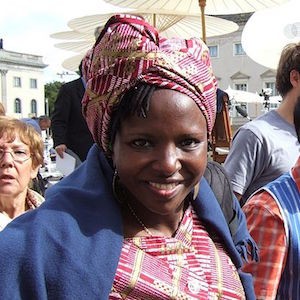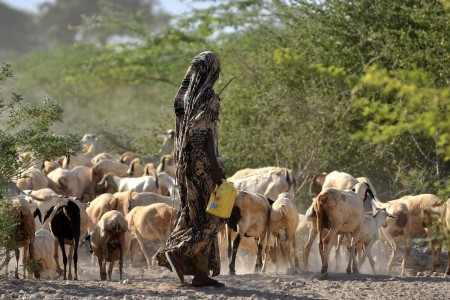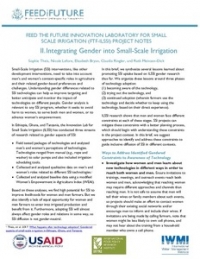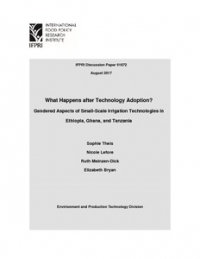This post is written in response to: What would it take to strengthen women's land rights, in practice?
The ability of women to organize themselves and assess their own experiences, aspirations and needs is one of the critical missing gaps in land tenure security. People living in vulnerable situations are rarely considered as active partners in data collection and analysis. As result, there has been  misrepresentation of facts and in return, compromised solutions.
misrepresentation of facts and in return, compromised solutions.
Grassroots Organizations Operating Together in Sisterhood (GROOTS) is a national grassroots women-led organization in Kenya that has been solving landissues since 2004. The organization has found that awareness and legal education on law and policies is rarely enough to secure women land rights. More needs to be done.
In 2012, GROOTS Kenya with support of UN Women consulted with seven ethnic groups in Kenya to investigate the role of customary laws and practices that reinforce or protect the asset-stripping of widows and orphans. After two months of village consultations with elders, it was clear that much current practice was inconsistent with historic precedence.
For example, in the Massai, Kikuyu and Luhya cultures, the first wife should have full control of matrimonial property even if she never had children. Additionally, the spouse should have no right to marry additional women unless the first wife approves. This goes against the widely-held perception that husbands make the sole decision on polygamy.
Such misinterpretation of customary practices has perpetuated asset stripping and disinheritance among vulnerable groups.
Additionally, in an effort to secure public land through a project implemented by GROOTS Kenya, women found that referring to public land as “government land” was having significance consequences. Many powerful individuals have used this notion to grab public land leaving families living in poverty with no access to basic services.
Armed with this information, women have been able to rally their communities to proactively map and safeguard public land. Once women have access to the facts, it becomes easier to use legal and policy approaches to make duty bearers, spouses and families accountable and at the same time invest in their own land tenure security.
Due to economic, political and social marginalization, people living in poverty have the potential to optimize their collective power to address land tenure security. This can be done through self-organization, giving people in poverty a voice, but unfortunately this is an area that is too often ignored in terms of research and investments. The Community Land Watch Dog Groups model and Community Led Public Land Mapping developed by GROOTS Kenya have been effective in ensuring that grassroots women and young people are able to claim, control and maintain tenure security of land and many other productive assets. Many have been able to utilise their land to create decent livelihoods.
















%5b2%5d/index.jpg?itok=cmTC-WgA&c=feafd7f5ab7d60c363652d23929d0aee)




Comments
I support many views presented in the debate. We should have a place like this one to protect collective rights to against grabbing land by the captical and state power.
Add new comment